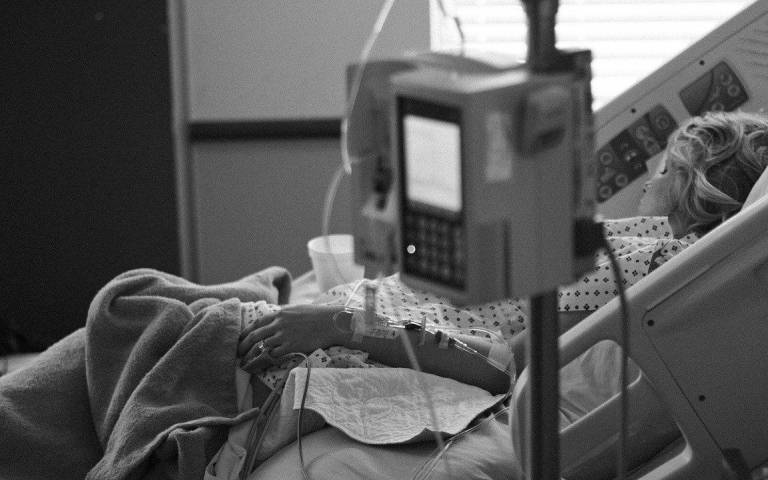Health gap between rich and poor has widened
29 January 2020
The health of the poorest people in Britain has declined since the mid-20th century, and is worse when compared to those born a century ago, suggests a new UCL-led study.

The study, published in the BMJ Journal of Epidemiology and Community Health, compared health and income data from more than 200,000 working-age adults who were born between 1920 and 1970.
The findings show that those living in the poorest households who were born in 1968-70 self-reported worse health than those who were born in 1920-22.
Dr Stephen Jivraj (UCL Epidemiology & Health Care) said: “We set out to find out if ‘baby boomers’ born after 1945 rated their health as better or worse than those born in the early 1920s, according to household income, in a bid to gauge future healthcare need.
“Our study indicates a widening health gap between richest and poorest, signalling greater future pressure on health services and additional pressures from those least able to look after their own health in older age.”
A growing body of research shows that health outcomes in Britain are linked to socioeconomic status, and that differences in these between the richest and poorest in society have widened since the 1970s. But few studies have looked at the potential impact of income and year of birth on this gap.
Data was collected from the General Household Survey for 1979-2011 from people living in England, Wales and Scotland, to create nationally representative 3-year ’health’ snapshots of the generations born between 1920 and 1970.
The researchers looked specifically at differences in the prevalence of long term conditions (health limiting illness) and self-reported general health between the richest and the poorest 30 to 59 year-olds for this period.
They found that inequalities in the prevalence of long term conditions between the richest and poorest households had doubled among women and by 1.5 times among men born in 1920-22 compared with those born in 1968-70.
For example, around one in four (26 per cent) men born in 1920-22, living in the poorest households, said they had a limiting illness compared with around one in six (16 per cent) in the richest households.
For men born in 1968-70, more than a third (35 per cent) of those living in the poorest households reported a limiting illness compared with only around one in 10 (11 per cent) of those living in the richest households.
For women born in 1920-22, around one in seven (15 per cent) living in the poorest households reported ‘not good’ health compared with nearly one in 10 (8 per cent) in the richest households. For women born in 1968-70, around one in five (19 per cent) said their health wasn’t ‘good’ compared with around one in 10 (9 per cent) in the richest households.
Dr Jivraj added: “The results presented here show a widening in health inequalities by income in later-born British birth cohorts, 1920-70.
“Without any concerted action to address this, there will likely be further widening of the gap in early deaths between the richest and poorest in society, because of the strong links between poor self-rated health and long term conditions and sickness and death.”
Links
- Dr Stephen Jivraj's research profile
- UCL Institute of Epidemiology and Health Care
- Journal paper in full
Image
Credit: Pixabay
Media Contact
Rowan Walker
Tel: +44 (0)20 3108 8515
Email: rowan.walker [at] ucl.ac.uk
 Close
Close

